According to research, one in three Brits (29 percent) suffer from Seasonal Affective Disorder (SAD), a form of depression that is brought on by (clue’s in the name) seasonal changes. If you are on the more serious end of the SAD spectrum, we’re not going to tell you to spa your way to cheerfulness – you should of course see your GP.
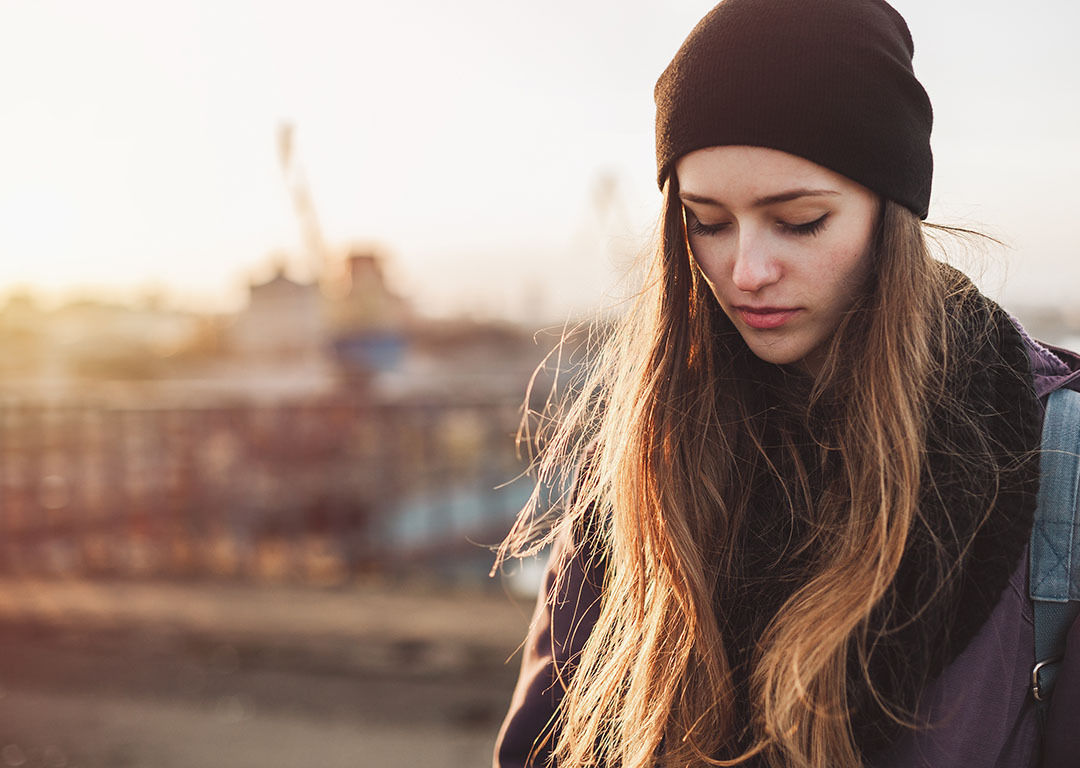
Most of us experience elements of SAD on a milder level: as the nights draw in and the days grow shorter, the cold and absence of light naturally affects your mood. Last winter in lockdown was particularly brutal, making it harder to view the onset of winter with optimism.
Symptoms of sad according to the NHS website include:
Any of these sound familiar? Then read on.
What causes SAD?
The causes of SAD are not fully known, but there are a few interesting theories. Lack of light can have an effect on a part of the brain called the hypothalamus which affects hormones and our circadian rhythms, the internal body clocks that govern our moods throughout the day.
People with SAD tend to respond to this by overproducing melatonin, the hormone that makes you sleepy. Less sunshine may also lead to a drop in ‘happy hormone’ serotonin levels.
Interestingly, SAD tends to run in families. It could be genetic, or you could have learned to respond negatively to winter in childhood from your parents.
How is it treated?
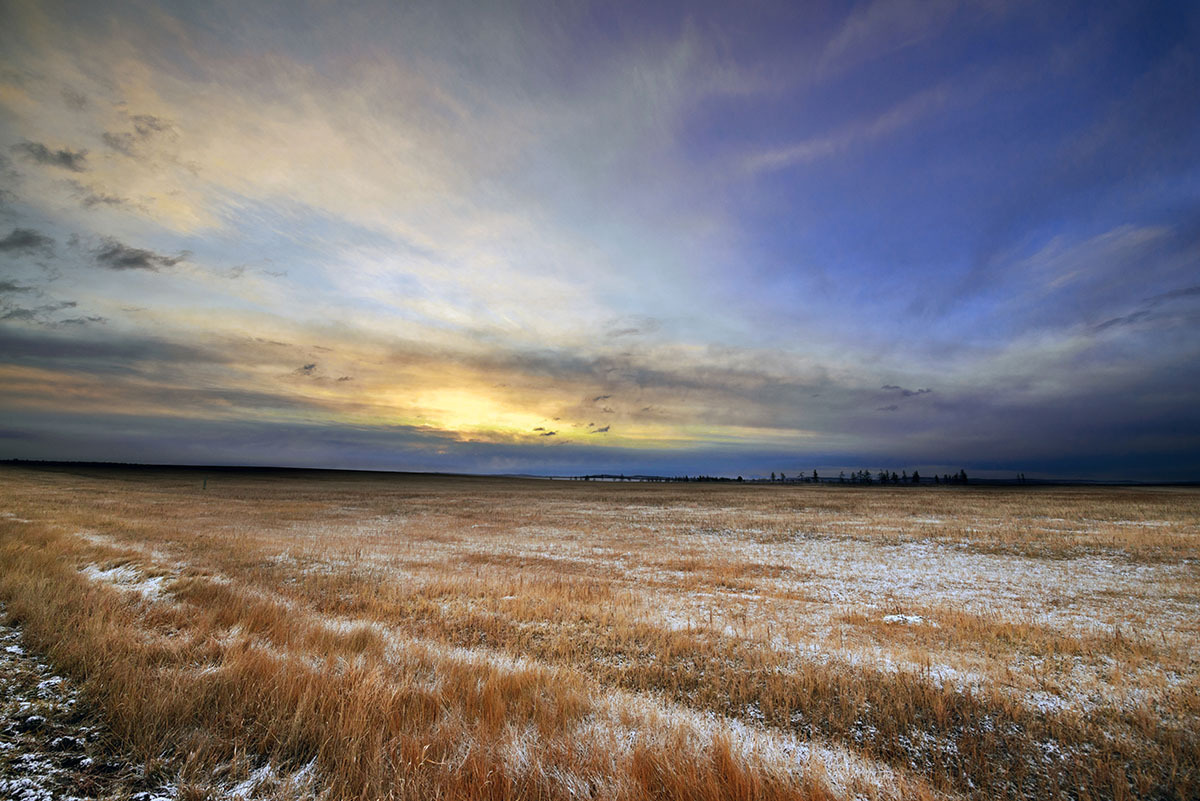
Traditional advice for treatment of sad includes:
Some alternative practitioners recommend taking Vitamin D for SAD, as many of us have a deficiency of the sunshine vitamin in the winter months, and studies have found a link between Vitamin D deficiency and low mood. However, while the NHS recommends a 10mg supplement per day to avoid deficiency, it does not advise that people diagnosed with SAD take it as part of their treatment, instead seeking other, more effective, methods.
What else can we do?
If you think you do have serious level SAD, as we said above, your first port of call should be your GP.
If your symptoms are winter blues-level or under control, here are some tips to boost your mood and brighten your mind in the winter months.
Change your mindset
People who say “I hate winter” tend to believe this to be true, ignoring the good parts – winter festivities, for example, or cosy hygge evenings indoors. Perhaps if we saw winter as a time of meditative calm and rebirth rather than death, or enjoyed creatively cosying up our houses, it would change our outlook.
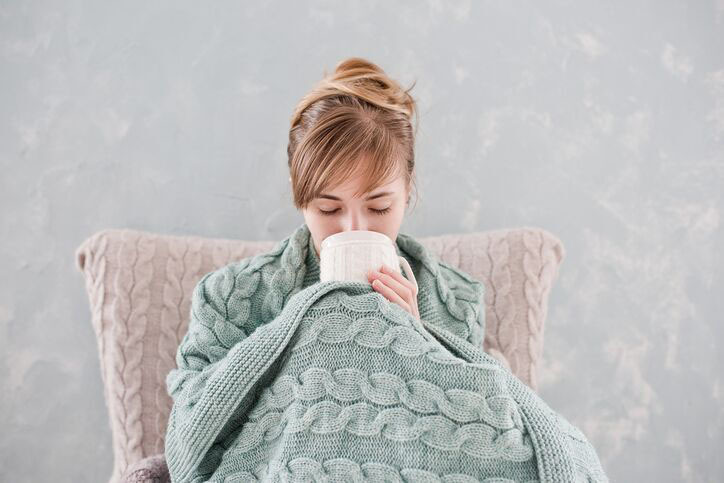
If recent trends are anything to go by, we love to take inspiration from Nordic countries who have no choice but to embrace wintriness – and some still manage to be the happiest countries in the world.
We love: The Scandi-influenced, totally Hygge vibe of Dormy House Spa, especially dip in the outdoor, candlelit hydrotherapy pool (pictured below) after the balmy lavender sauna.
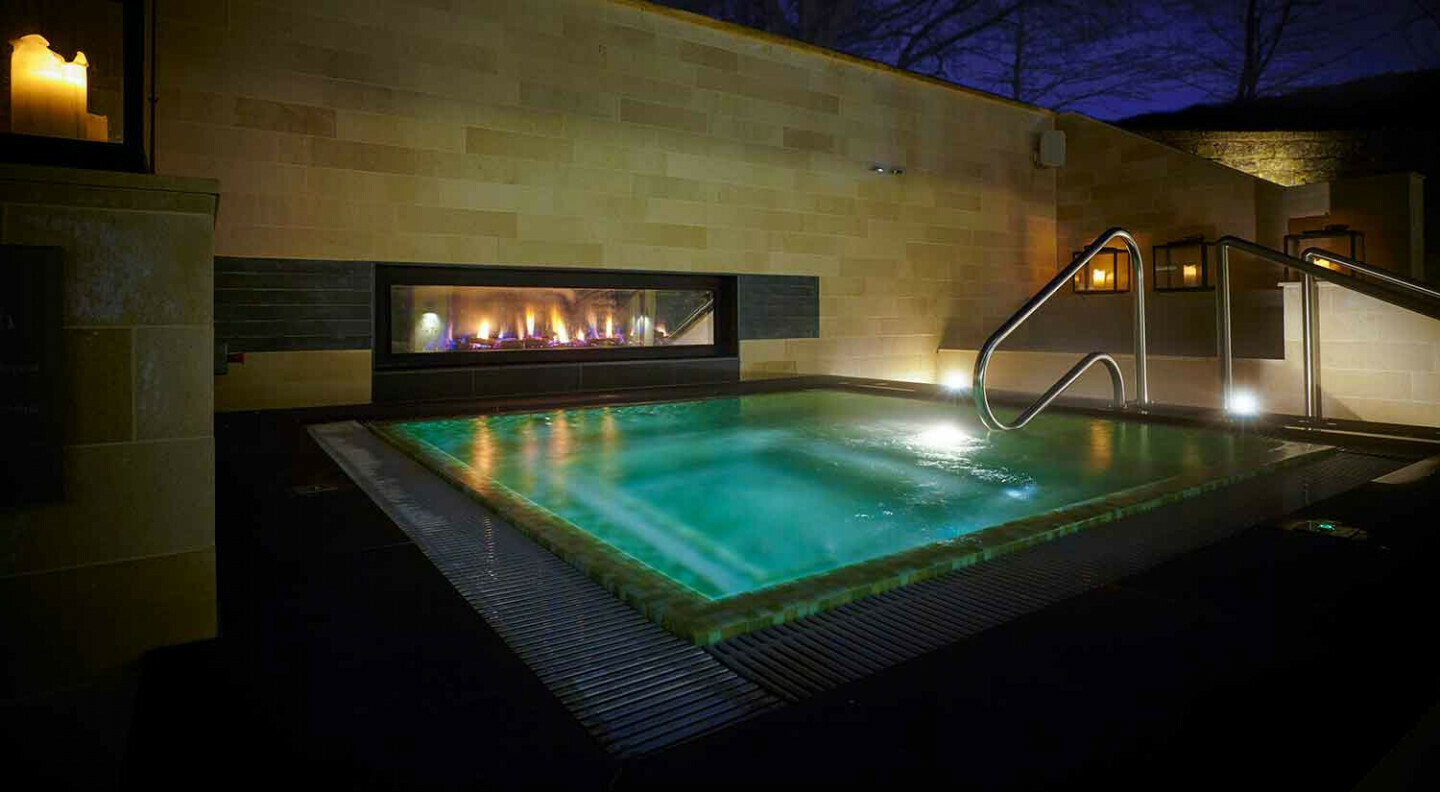
Embrace the Ice
If you hate the cold, you probably think it wise to wrap up warm. However, there is a strong argument for ‘leaning in’ to what you fear most. A few of us at GSG are fans of the Wim Hoff cold shower method, in which a daily blast of cold water is said to boost your immune system and build a tolerance for icy outdoor dips. Although it seems counterintuitive, exposure to icy temperatures is a massive mood-booster - the shock effectively ignites a massive release of happy hormones - and is even rumoured to help combat depression. Christmas day swim in the North Sea anyone?
We love: Pennyhill Park’s ice room (pictured below) amid their impressive thermal journey – after a sauna or hot tub, leaning against the ice wall is utter bliss.
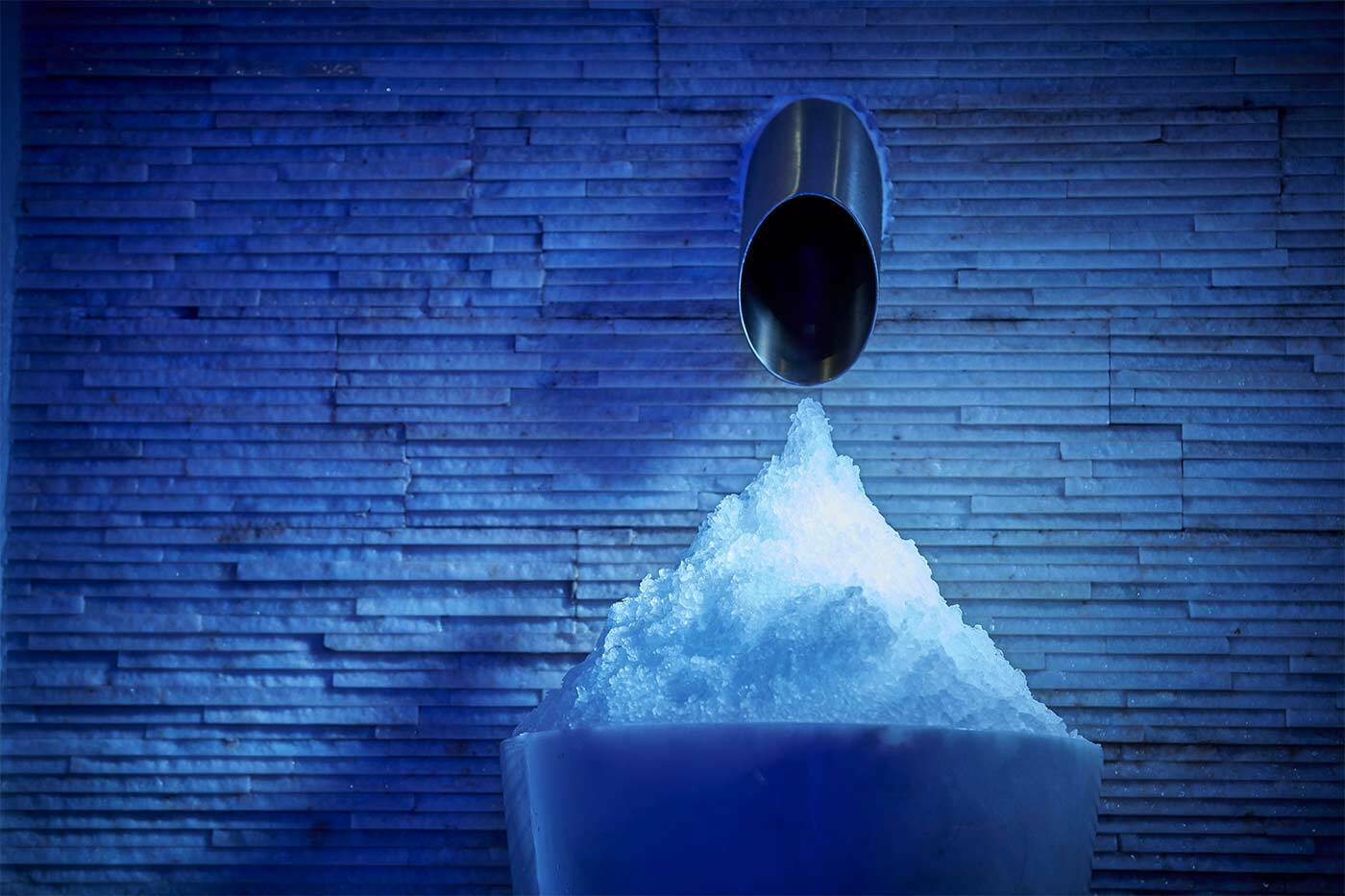
Alternating hot and cold treatments is said to really boost the immune system and serotonin levels – something the Scandi countries have long known. A dip in South Lodge’s natural pool will also knock off the cobwebs.
Go winter sunbathing
No need to hop on a plane - imagine the bliss of winter sunbathing with no need for high factor sun cream or long-haul flights. Many UK spas have created ways of harnessing the healthy, vitamin C and D boosting sunrays without the bad, harmful part.
We Love: The Sunlight Therapy Room at Rudding Park (pictured below) and The Sun Room at The Brooklands Hotel - both designed to make you feel like you're basking in sunlight. We can’t wait to try OSKIA’s Signature Glow treatment at the Mandarin Oriental either, which includes high-spec LED Light therapy to combat the winter blues.
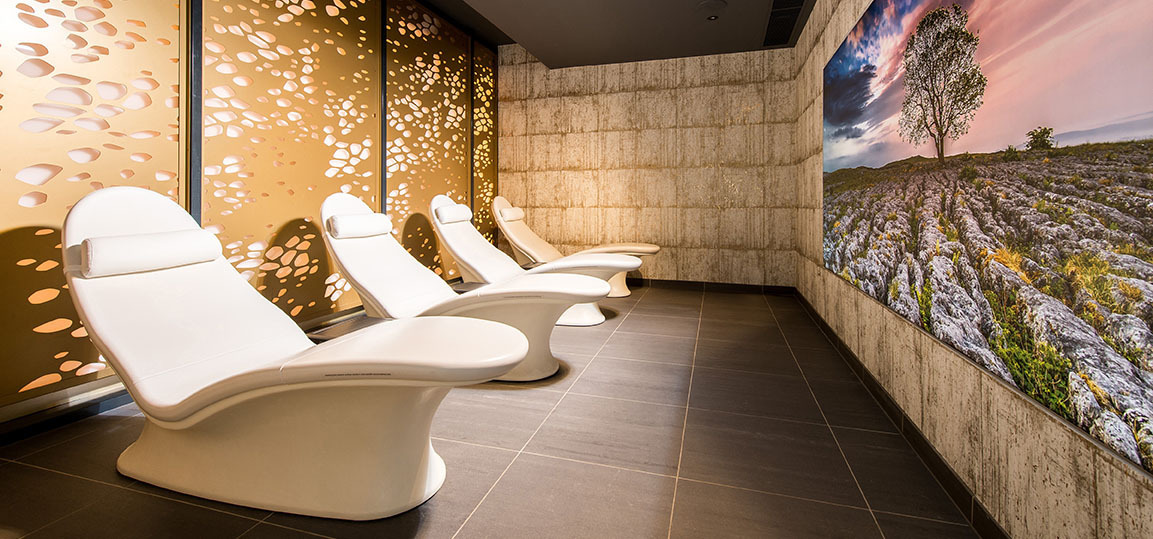
Eat well
There are arguments for both feasting and fasting in order to survive the winter months – feasting for comfort and strength, fasting to build our immune systems and stimulate new cell growth.
If we were to get snowed in at any spa, it would be Aquarias Spa at Whatley Manor. On top of two Michelin stars, The Dining Room restaurant (pictured below) also bagged the Michelin Green Star for Sustainable Gastronomy, with ingredients grown in the kitchen garden.

Wherever you are this winter, we also recommend curling up by a real fire with a Matcha Latte and a good, wintry read, such as Winter by Ali Smith.
Ultimately, the trick is to prepare ourselves for winter, as our ancestors did, with mood-boosting, life-saving warmth, light, good food, and company.
Happy hibernating.

Savant Spy
15th November 2021
Spy Likes:
Clever, inspiring design, sublime views, a vast, clean and empty pool, solitary relaxation areas to read, write or commune with my muse.
Spy Dislikes:
Small talk, discussions about spirituality or astrology, any products containing tea tree oil or aloe (sadly am allergic), busy pools where you can’t do laps.
